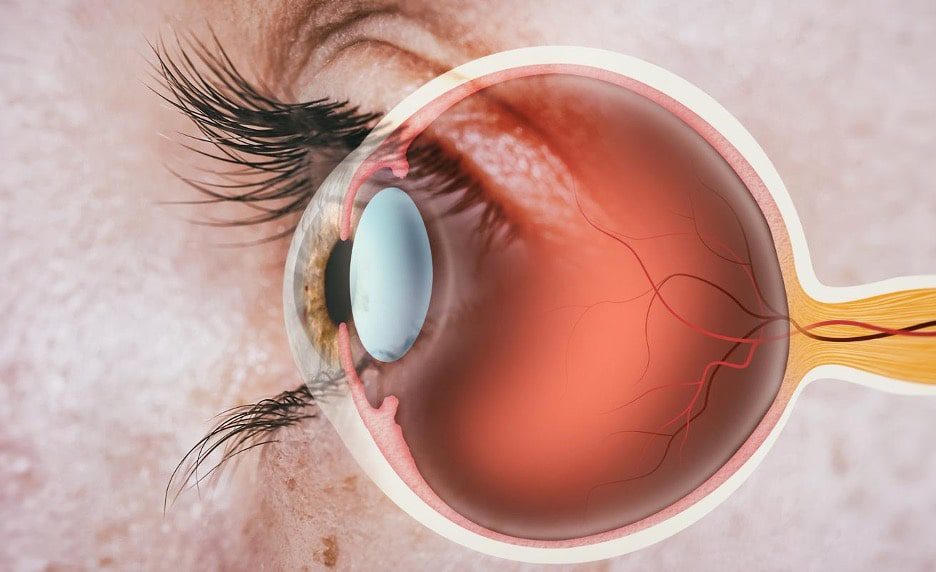The intricate network of our visual system relies on the optimal functioning of various components, including the delicate retinal tissue. Retinal eye diseases, encompassing a range of conditions affecting the retina, demand specialized care and expertise. When faced with retinal health concerns, seeking the guidance of a doctor for retinal eye disease becomes essential. These skilled medical professionals possess the knowledge and tools to diagnose, manage, and treat retinal disorders, safeguarding our precious sense of sight. In this article, we embark on a journey to explore the significance of a doctor for retinal eye disease, the various retinal conditions they address, and the importance of early intervention in preserving vision.
The Role of a Doctor for Retinal Eye Disease
A doctor for retinal eye disease is an ophthalmologist who specializes in diagnosing and treating conditions that affect the retina. The retina, located at the back of the eye, is responsible for capturing light and converting it into neural signals that are sent to the brain for visual interpretation. Given the critical role the retina plays in our vision, a doctor with specialized knowledge and training in retinal conditions is crucial for comprehensive eye care.
Diagnosis and Management of Retinal Eye Diseases
A doctor for retinal eye disease employs various diagnostic tools and techniques to assess the health of the retina. These may include dilated eye exams, optical coherence tomography (OCT), fluorescein angiography, and electrophysiology tests. Through these evaluations, they can identify abnormalities, such as retinal detachment, macular degeneration, diabetic retinopathy, retinitis pigmentosa, and other retinal disorders.
Once a diagnosis is made, the doctor formulates an individualized treatment plan to address the specific retinal condition. Treatment options may include medications, laser therapy, intravitreal injections, or surgical interventions. The goal is to preserve and enhance visual function, preventing further deterioration of retinal health.
Macular Degeneration: A Common Retinal Eye Disease
One prevalent retinal eye disease is age-related macular degeneration (AMD). AMD affects the central part of the retina, known as the macula, which is responsible for sharp central vision. As AMD progresses, individuals may experience blurry or distorted vision, leading to difficulties in tasks such as reading and recognizing faces.
A doctor for retinal eye disease closely monitors and manages AMD through a variety of approaches. Anti-VEGF injections can help slow the progression of the disease by inhibiting the growth of abnormal blood vessels in the retina. Additionally, lifestyle modifications, including a healthy diet rich in antioxidants and not smoking, may support retinal health.
Diabetic Retinopathy: Protecting Vision in Diabetes
Diabetic retinopathy is another critical retinal eye disease that affects individuals with diabetes. High blood sugar levels in diabetes can damage the blood vessels in the retina, leading to vision impairment or even blindness if left untreated.
A doctor for retinal eye disease plays a pivotal role in early detection and management of diabetic retinopathy. Regular eye examinations are essential for individuals with diabetes to identify any signs of retinal damage. Timely treatment options, such as laser therapy or intravitreal injections, can help prevent further vision loss and maintain visual function.
Retinal Detachment: A Medical Emergency
Retinal detachment is a severe condition in which the retina pulls away from the back of the eye, leading to a medical emergency that requires immediate attention. If left untreated, retinal detachment can result in permanent vision loss.
A doctor for retinal eye disease recognizes the urgency of retinal detachment and promptly performs surgical procedures, such as pneumatic retinopexy, scleral buckling, or vitrectomy, to reattach the retina and restore vision.
Importance of Early Intervention
Early intervention in retinal eye diseases is critical for preserving vision and preventing irreversible damage. Regular eye exams, particularly for individuals at higher risk of retinal conditions, such as those with diabetes or a family history of retinal disease, are essential for early detection.
By seeking the expertise of a doctor for retinal eye disease and following recommended treatment plans, individuals can proactively protect their precious sense of sight. The specialized care provided by these ophthalmologists offers hope, ensuring that retinal disorders are met with comprehensive evaluation and personalized treatment, paving the way for a brighter future with improved visual health.
